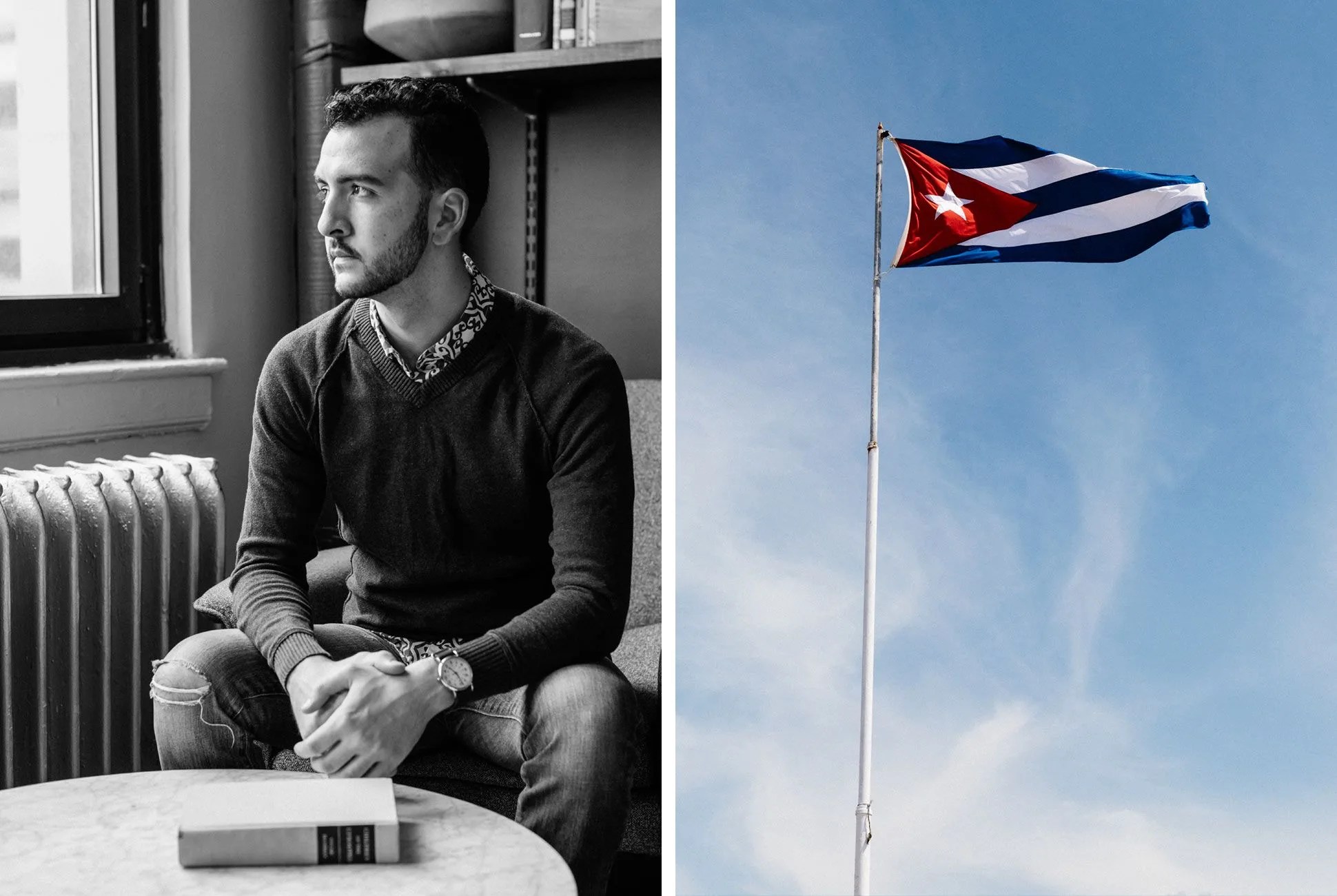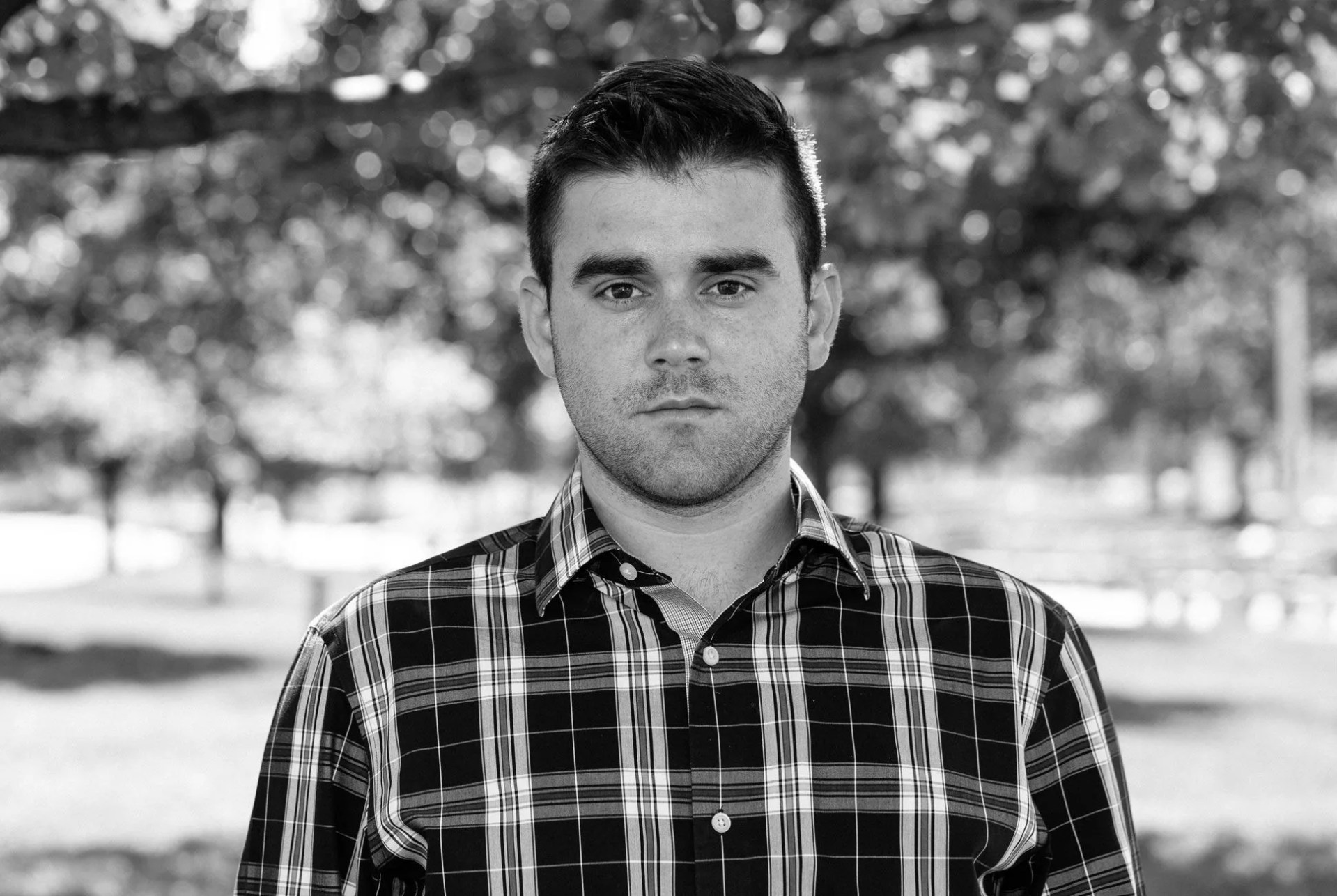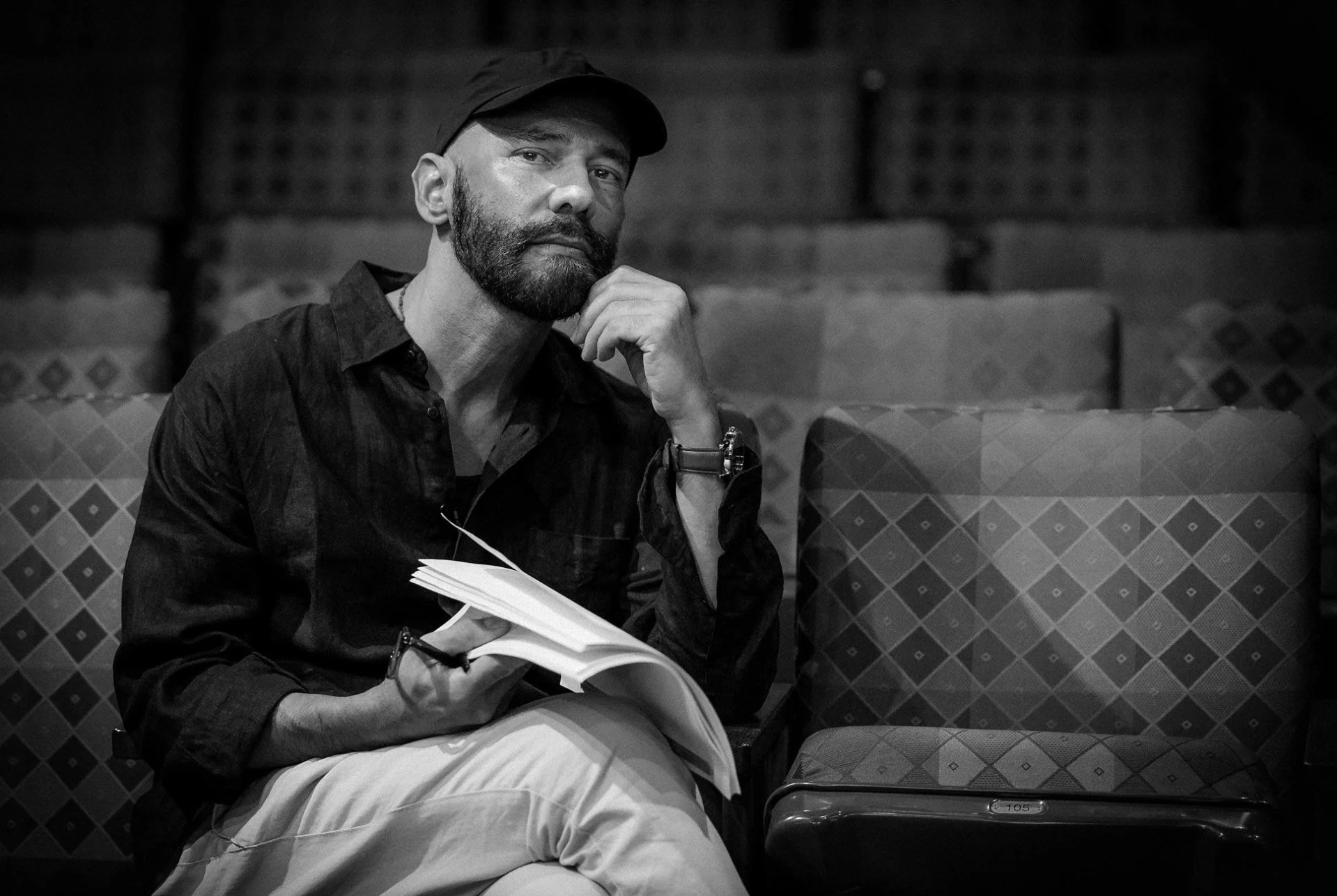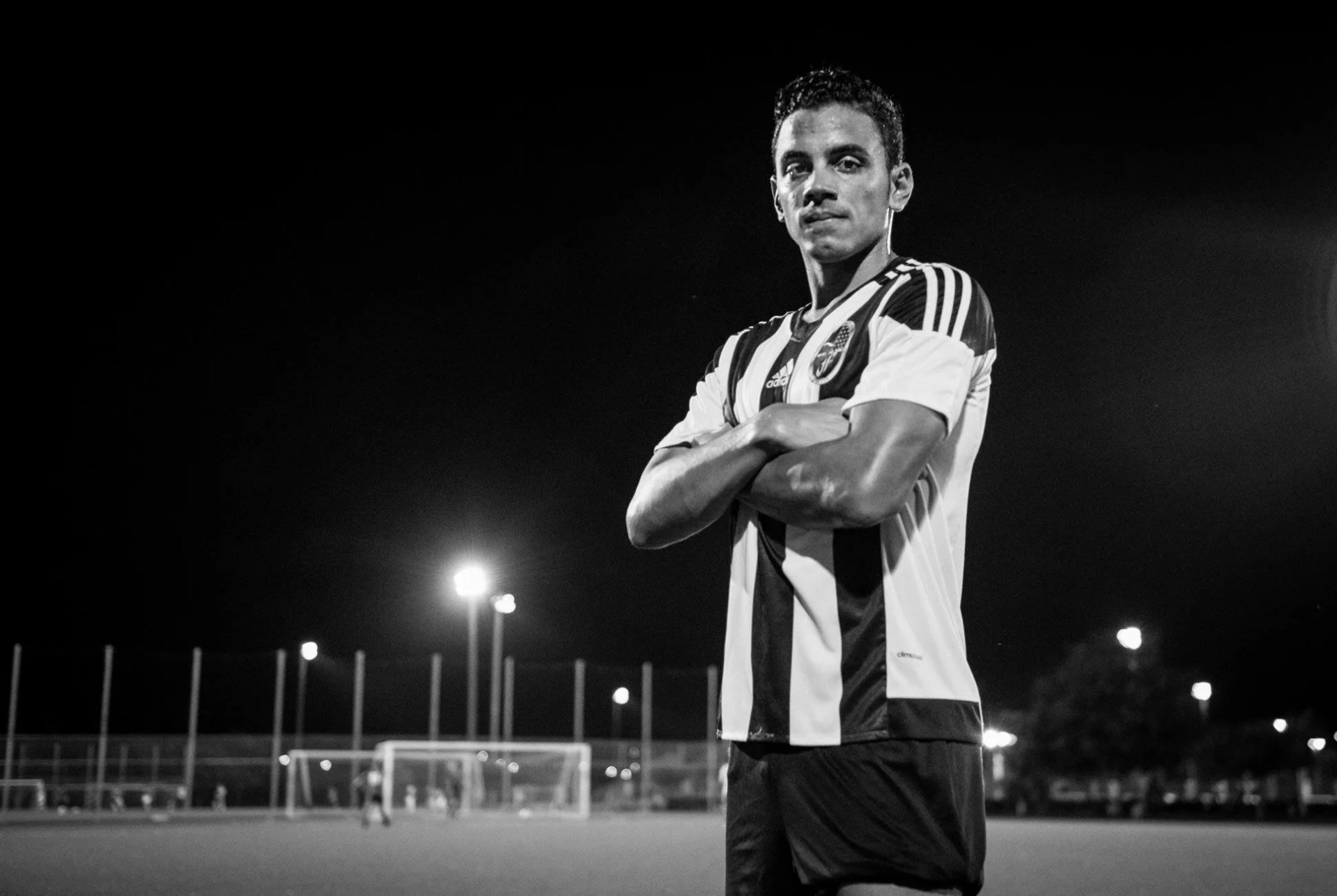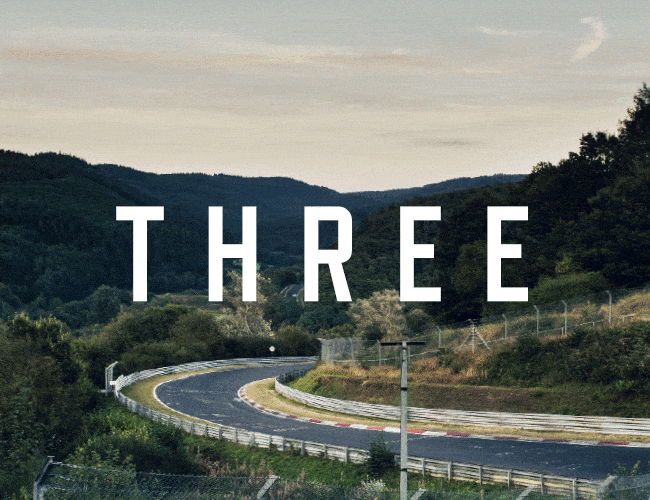From Issue Three of the Gear Patrol Magazine.
Free domestic shipping + 15% off in the GP store for new subscribers.
I am a born-and-raised-in-Miami Cuban-American, not quite first generation (my mom was born aqui), not quite second generation (my dad was born allá), never quite certain what to make of any of it. My childhood conception of the patria was built on impassioned grandparental anecdotes (with occasional photos), blowout Nochebuena parties (now legend among my sisters and cousins), seemingly constant local news coverage of the Coast Guard escorting bedraggled balseros from the shore (which, harrowing journeys notwithstanding, came to feel like watching a fireman save a cat from a tree), national news coverage of Elián González (remember him?), and Cuban exemplars that my superego still collects like baseball cards: Desi and Celia were the starter deck, and today I count Oscar Isaac on account of his dad.
Beneath all the fun stuff, there’s the inherited trauma. There are a million lectures from my mother about sacrifice. There’s the gulf between me and my father, sometimes narrow, sometimes 330 miles wide. There’s the silence that followed a loud and lengthy back-and-forth among all my grandparents, rooted in some decades-old drama, over breakfast one Christmas morning, my abuela‘s gaze resting just beyond the cold croquetas, her mind somewhere else entirely, somewhere I’ve never known.
Marc Maron has a joke about his relationship with Israel: “There’s this drumbeat, beneath all American Judaism: You will go to Israel. And you will LOVE Israel. Israel was BUILT for us. You will go there, and love it, and send it money, and let it do whatever it wants to whomever it wants to, even if it’s WRONG.” For me and many other Cuban-Americans, the drumbeat feels reversed: You will NEVER go to Cuba, you will HATE it, you will denounce everything it does — but you will send money if you have cousins over there.
I find myself envious whenever I hear any of my Dominican or Puerto Rican friends refer to their respective patrias: “DR” and “PR.” They have their own baggage, of course, but I’m sure the hip acronyms help a little. I wish there were such an acronym for Cuba. Its name is as monolithic as its many martyrs, from Che to Martí to Hatuey. It looms like a mosaic formed from a million fragments of memories. So, to me, when CNN reported that, “For the first time since severing ties in 1961, [the United States and Cuba] reopened embassies in each other’s capitals,” the news might as well have read, “Atlantis has risen from the briny deep.”
Beneath all the fun stuff, there’s the inherited trauma. There are a million lectures from my mother about sacrifice. There’s the gulf between me and my father, sometimes narrow, sometimes 330 miles wide.
Among Cuban-Americans, opinions over this one island have been split for decades. The reasons transcend politics, though politics receive much of the attention. Often forgotten are the many families that were pulled apart during, and after, the Revolution.
